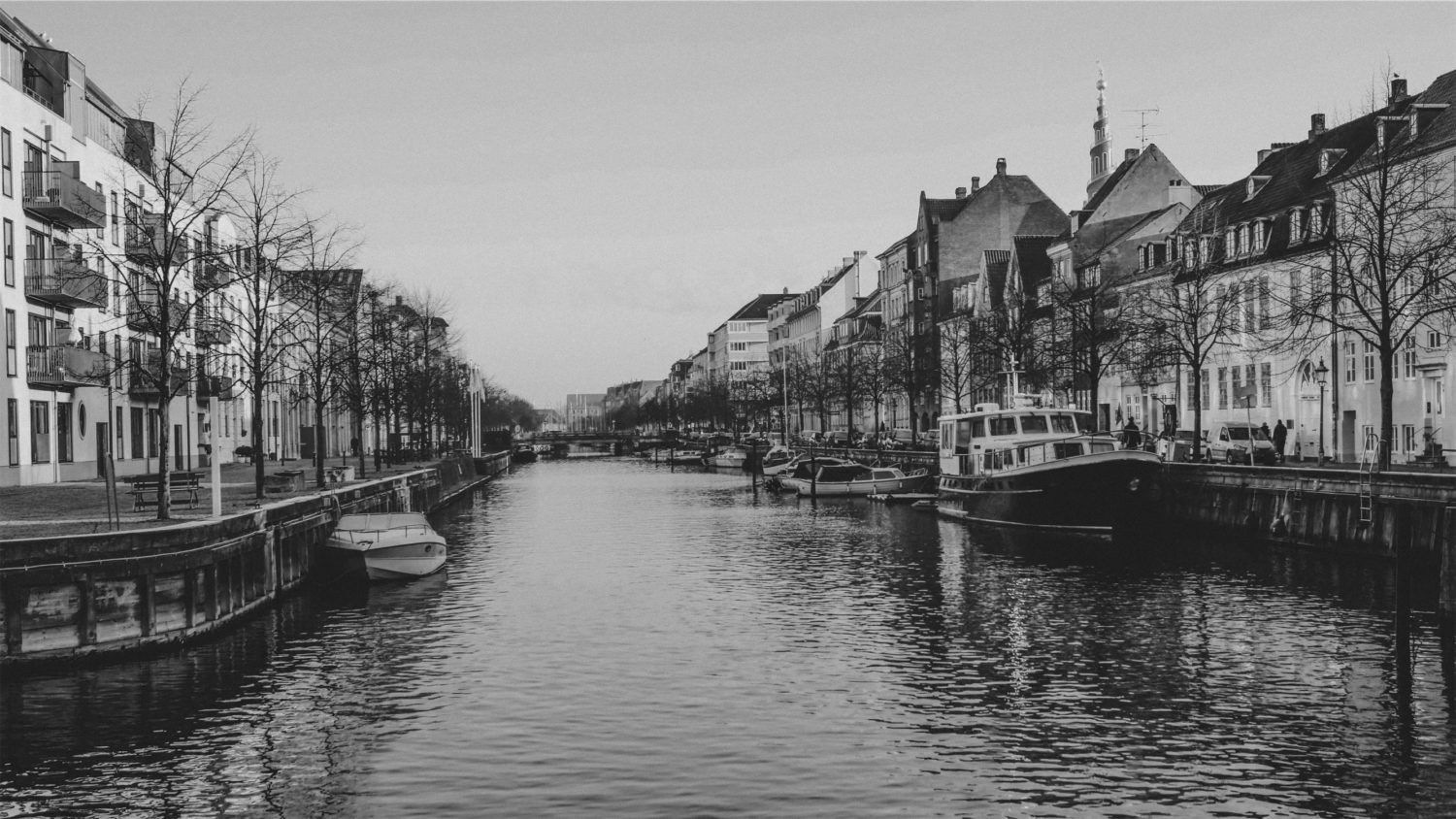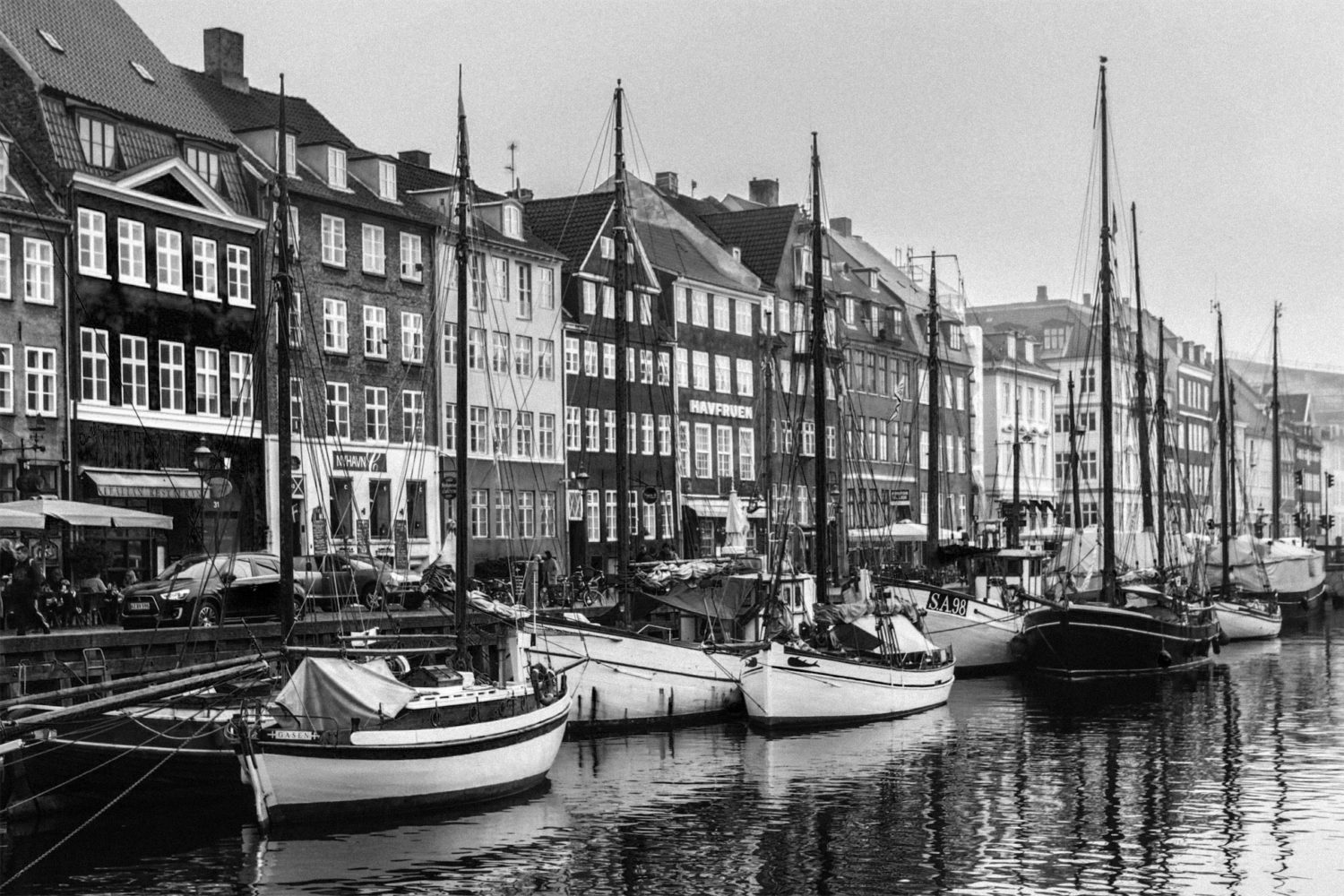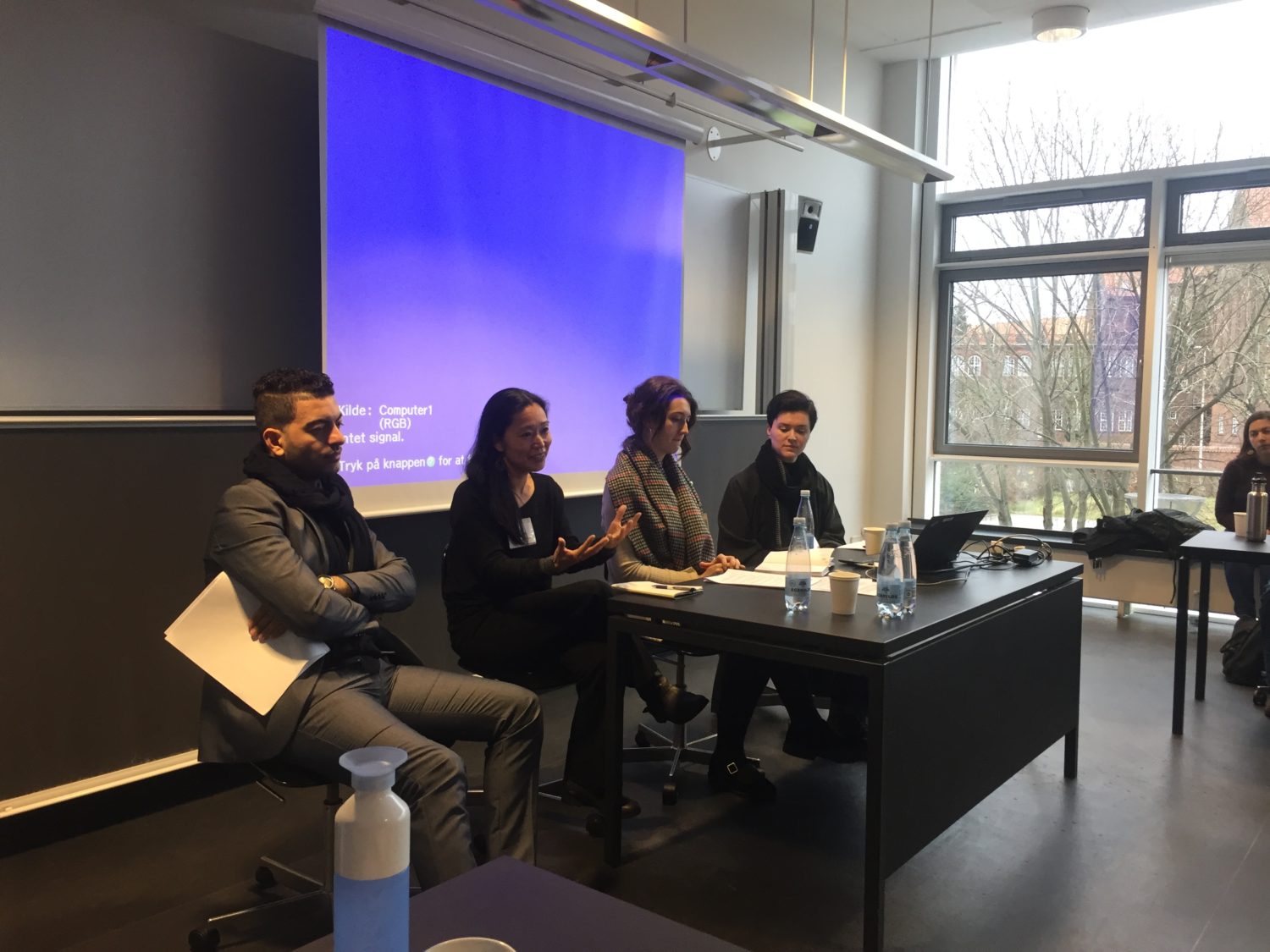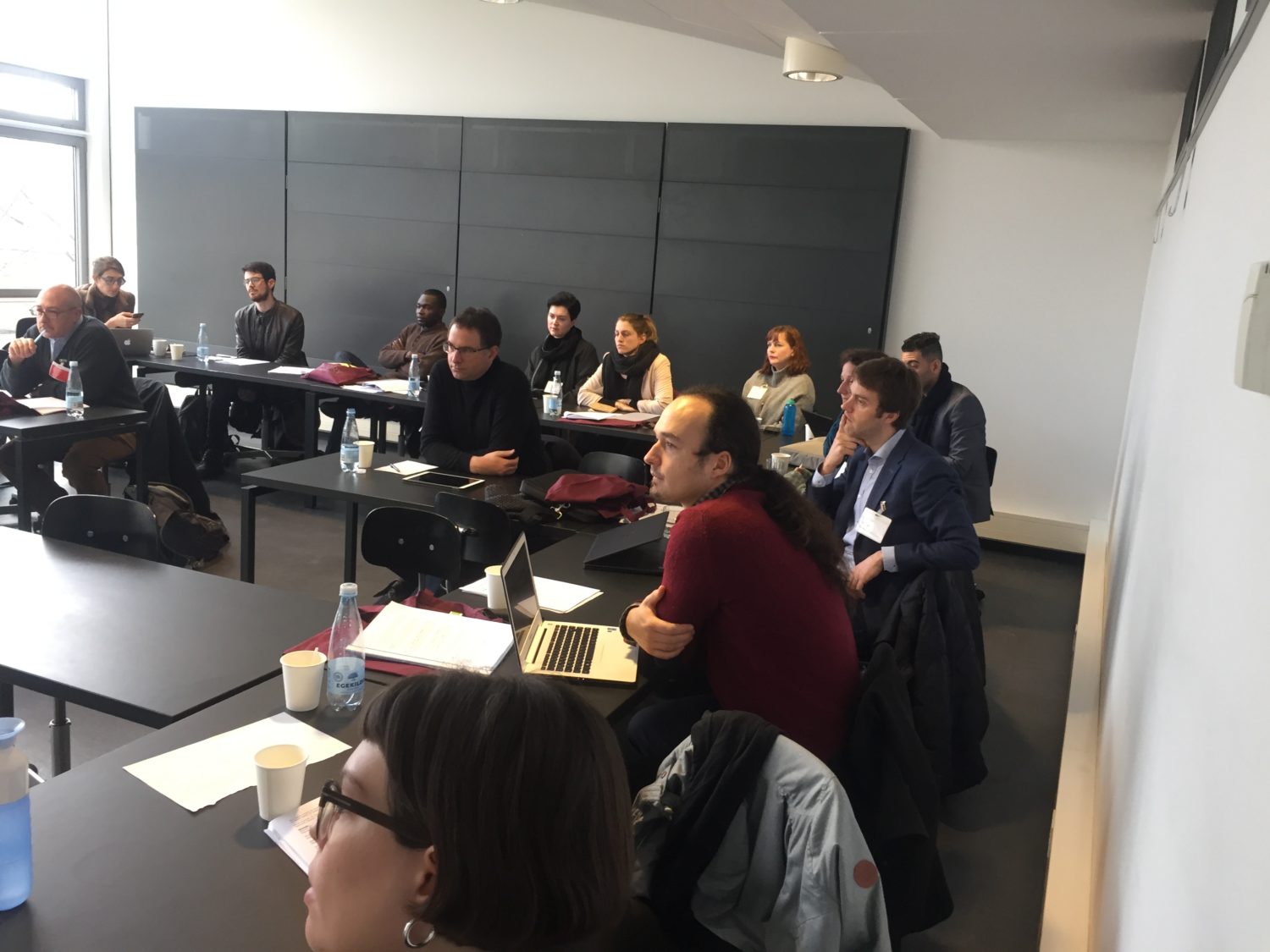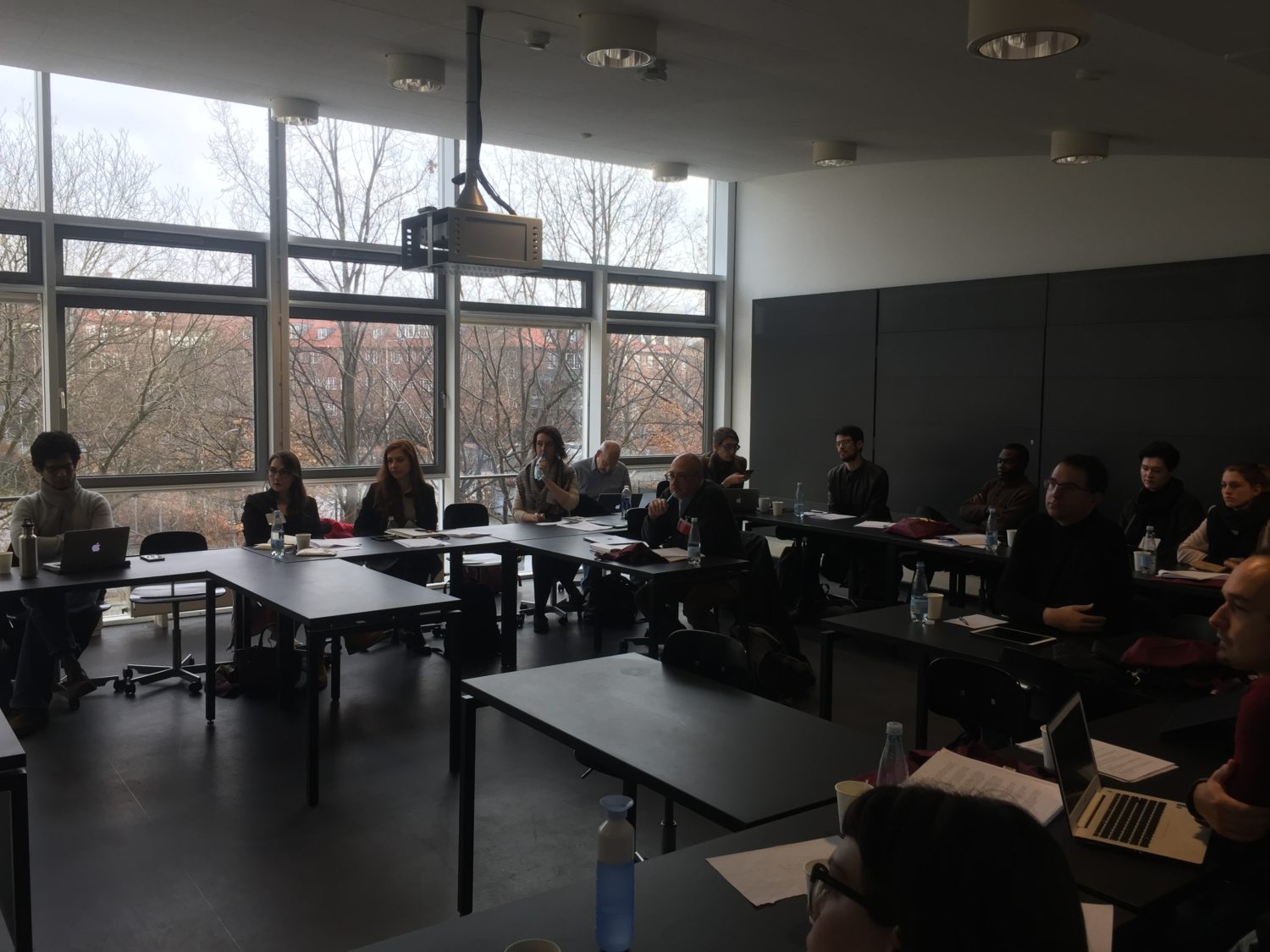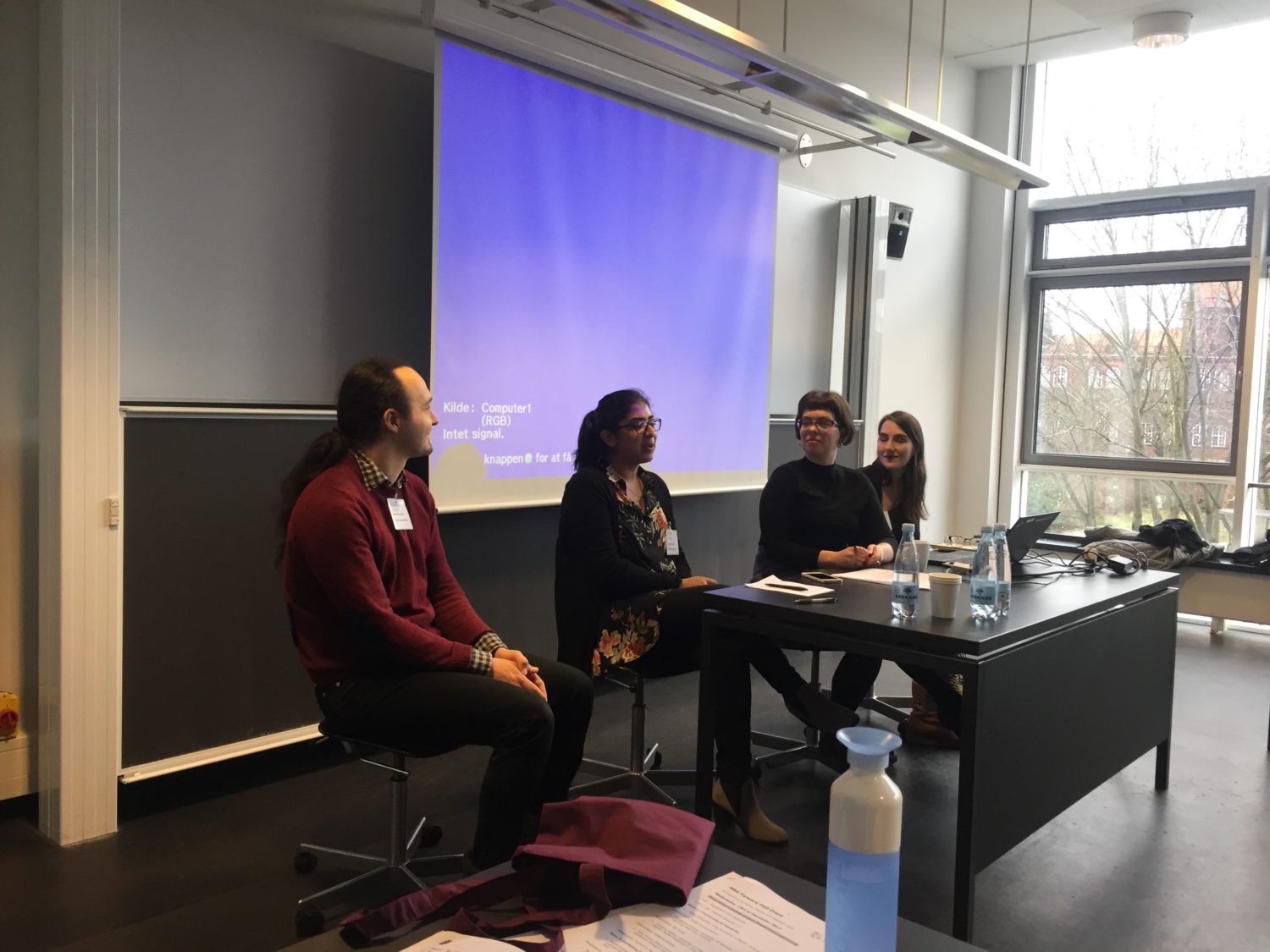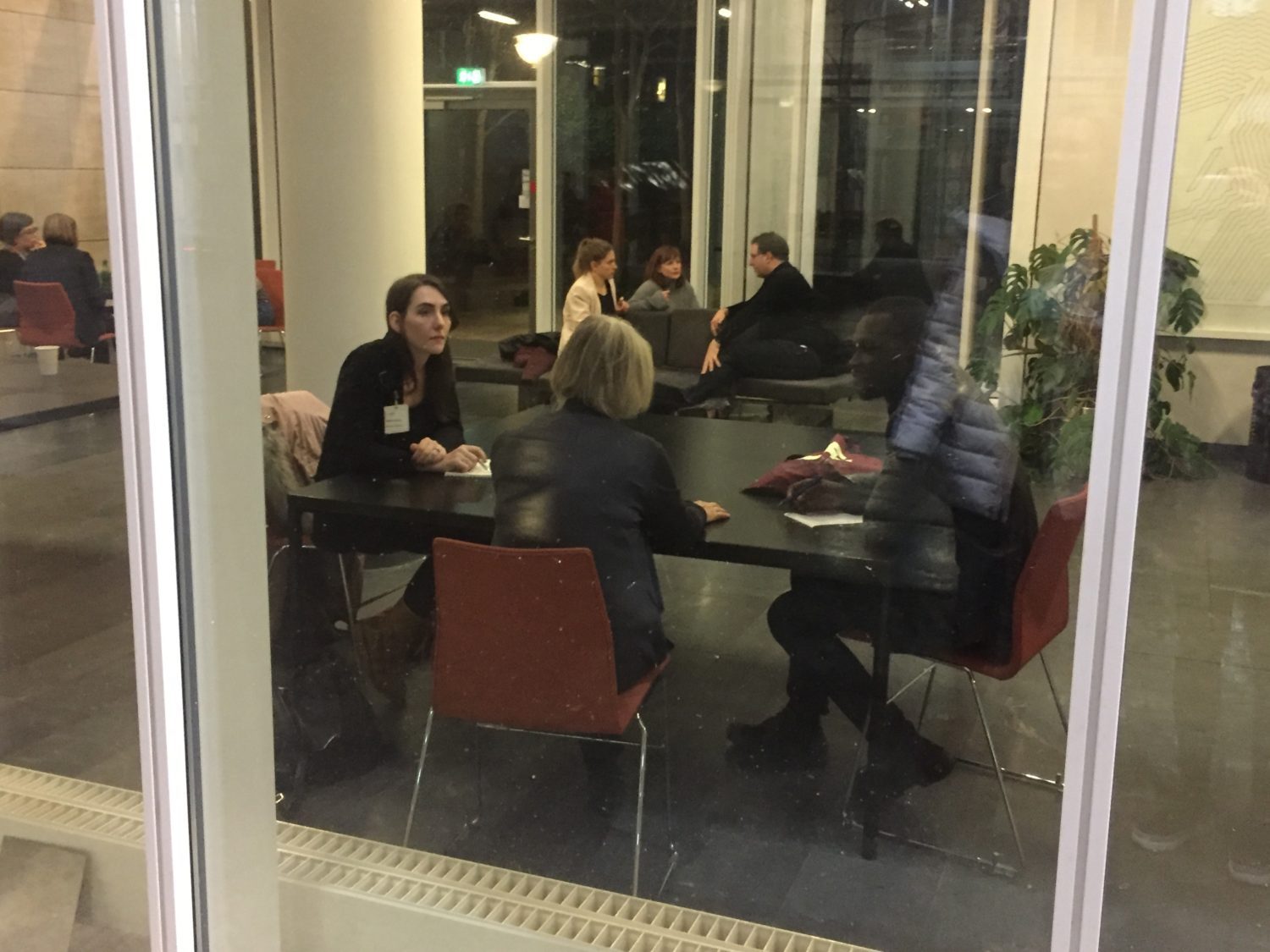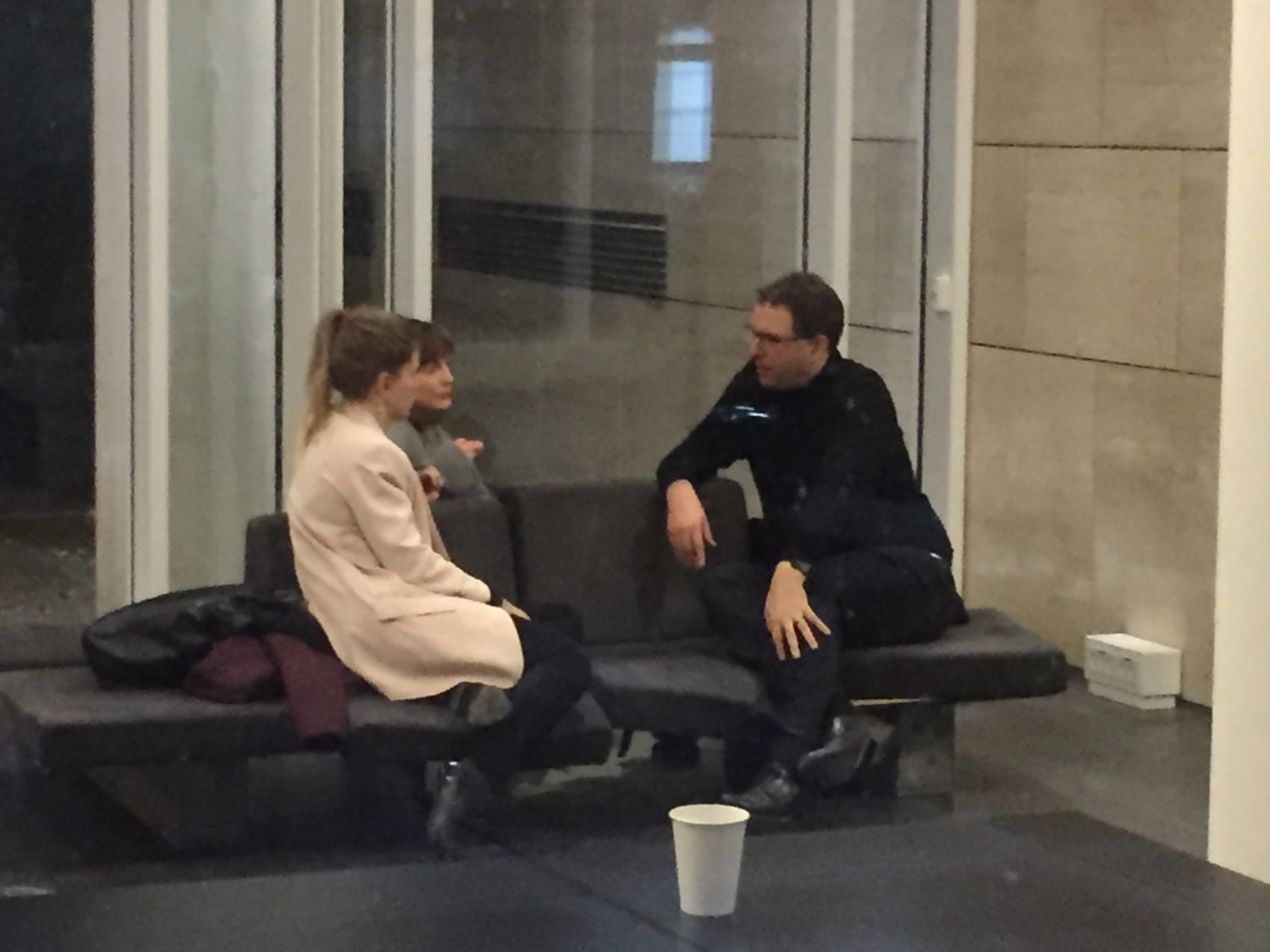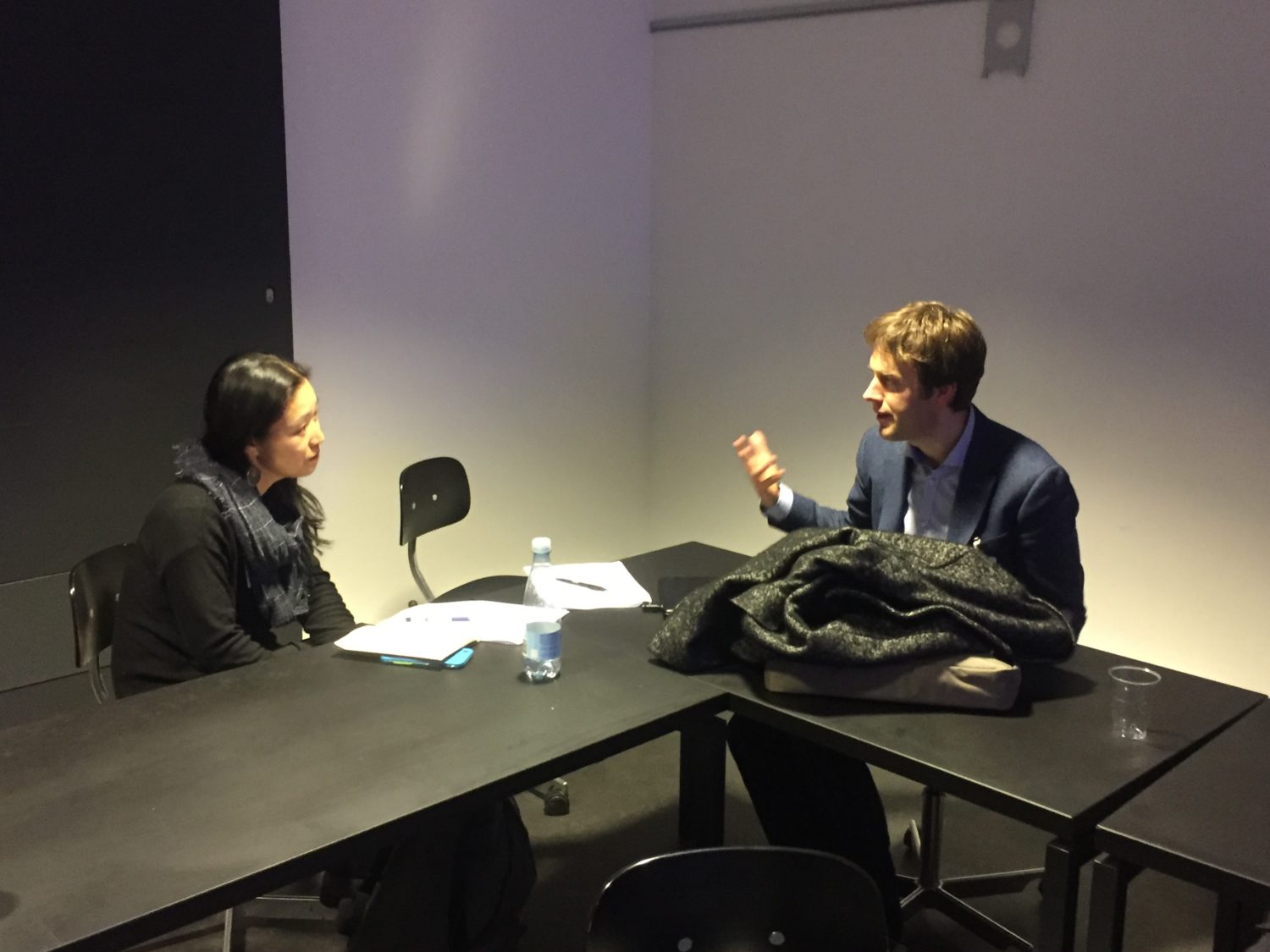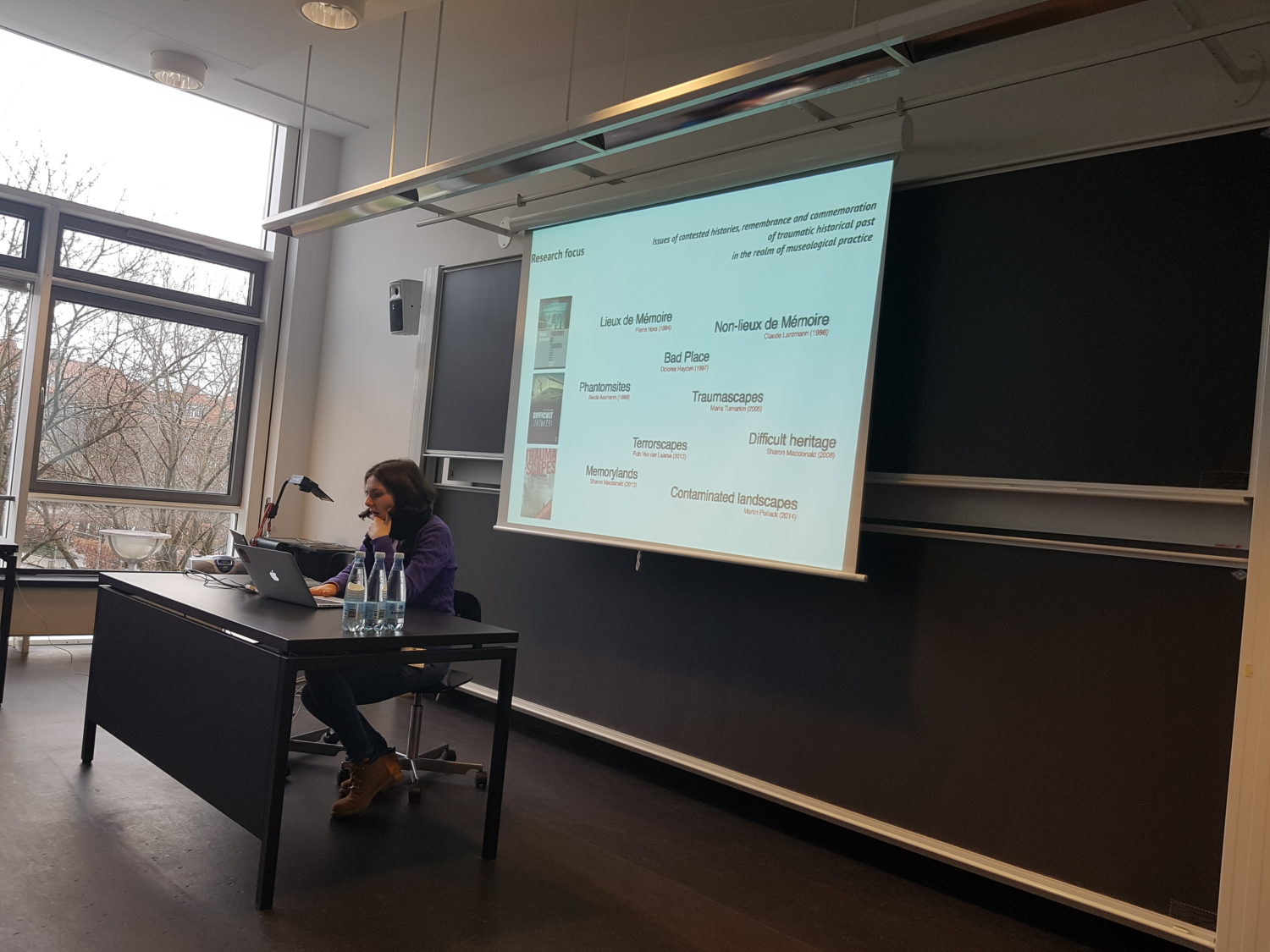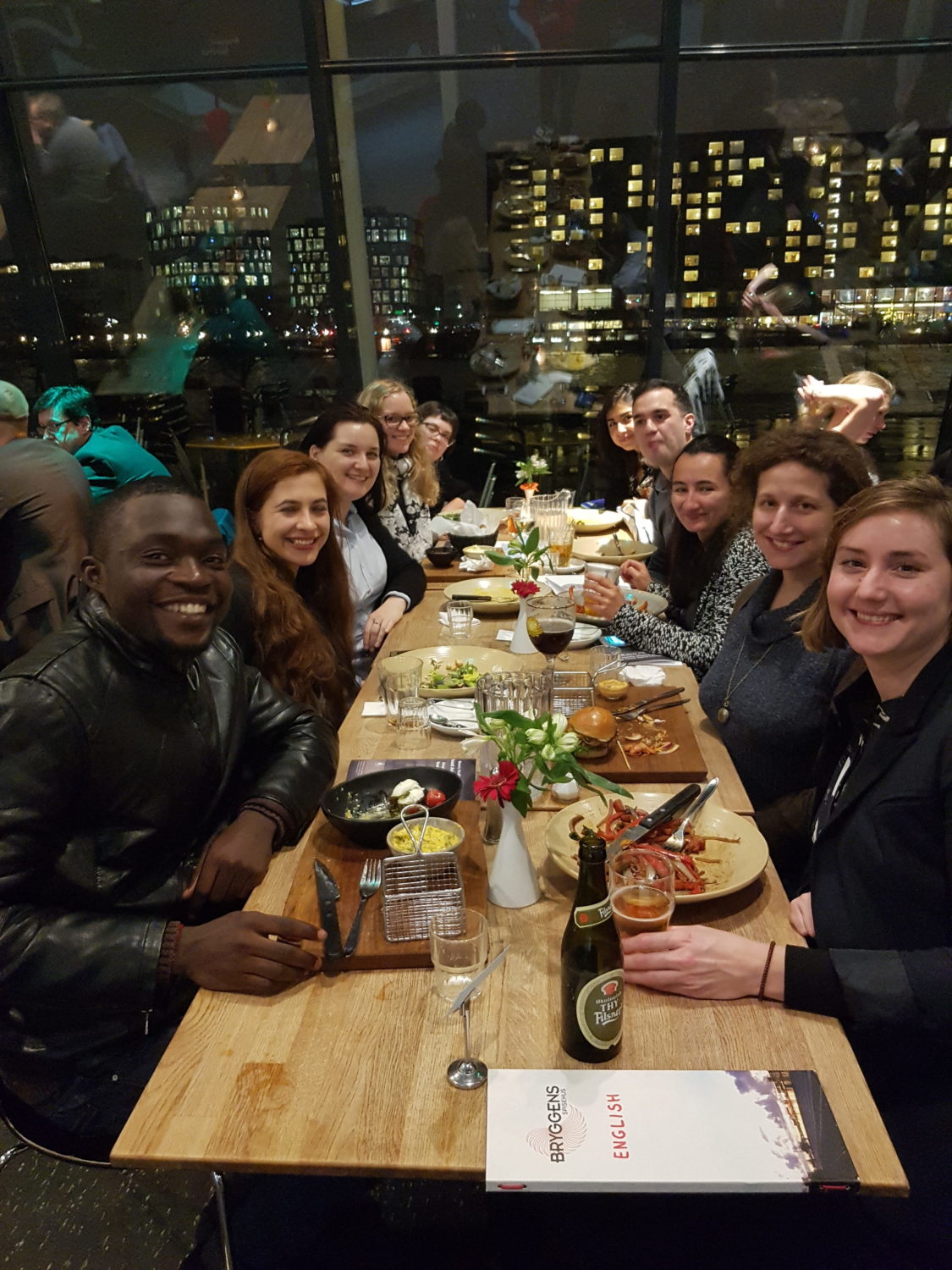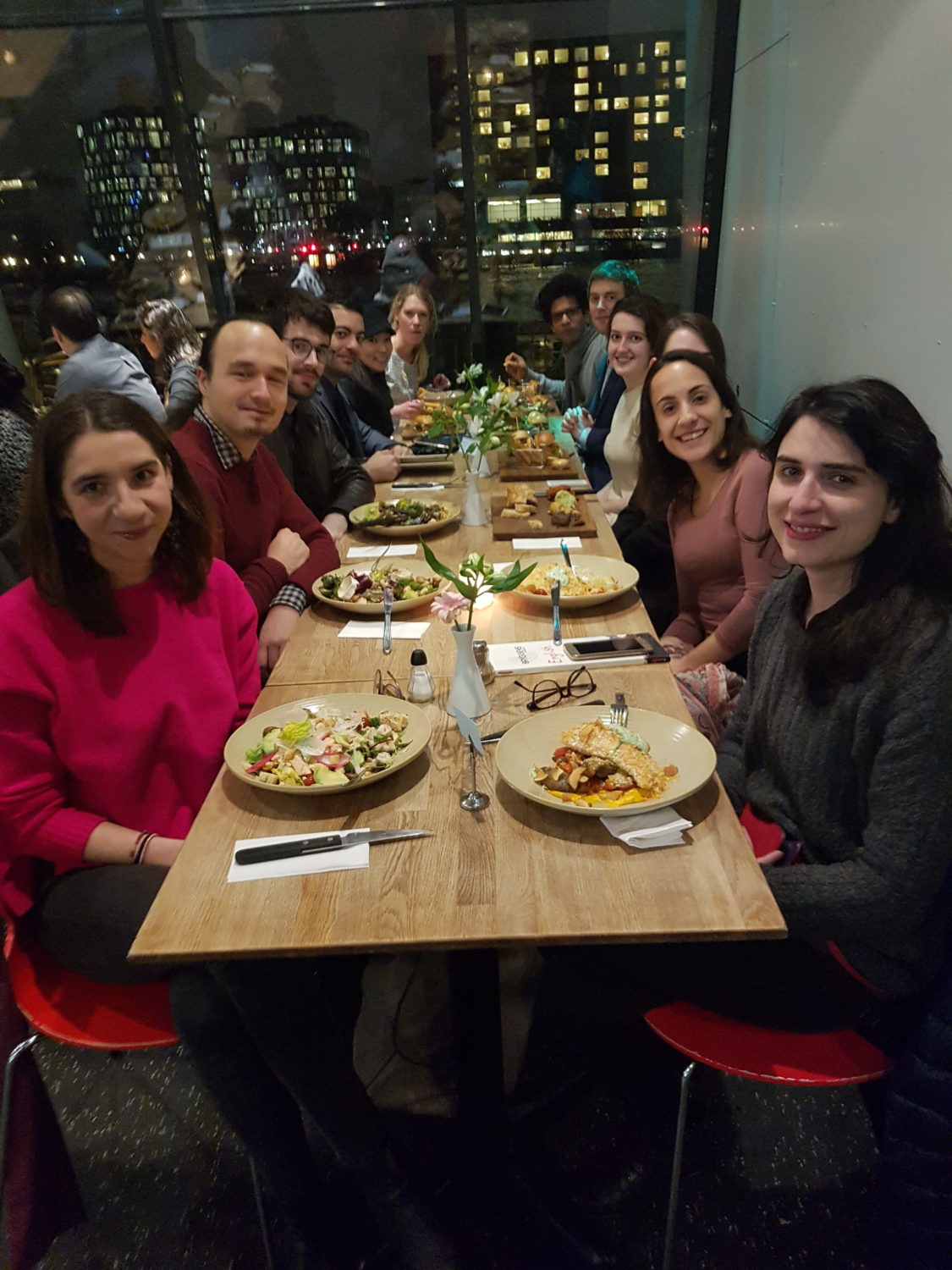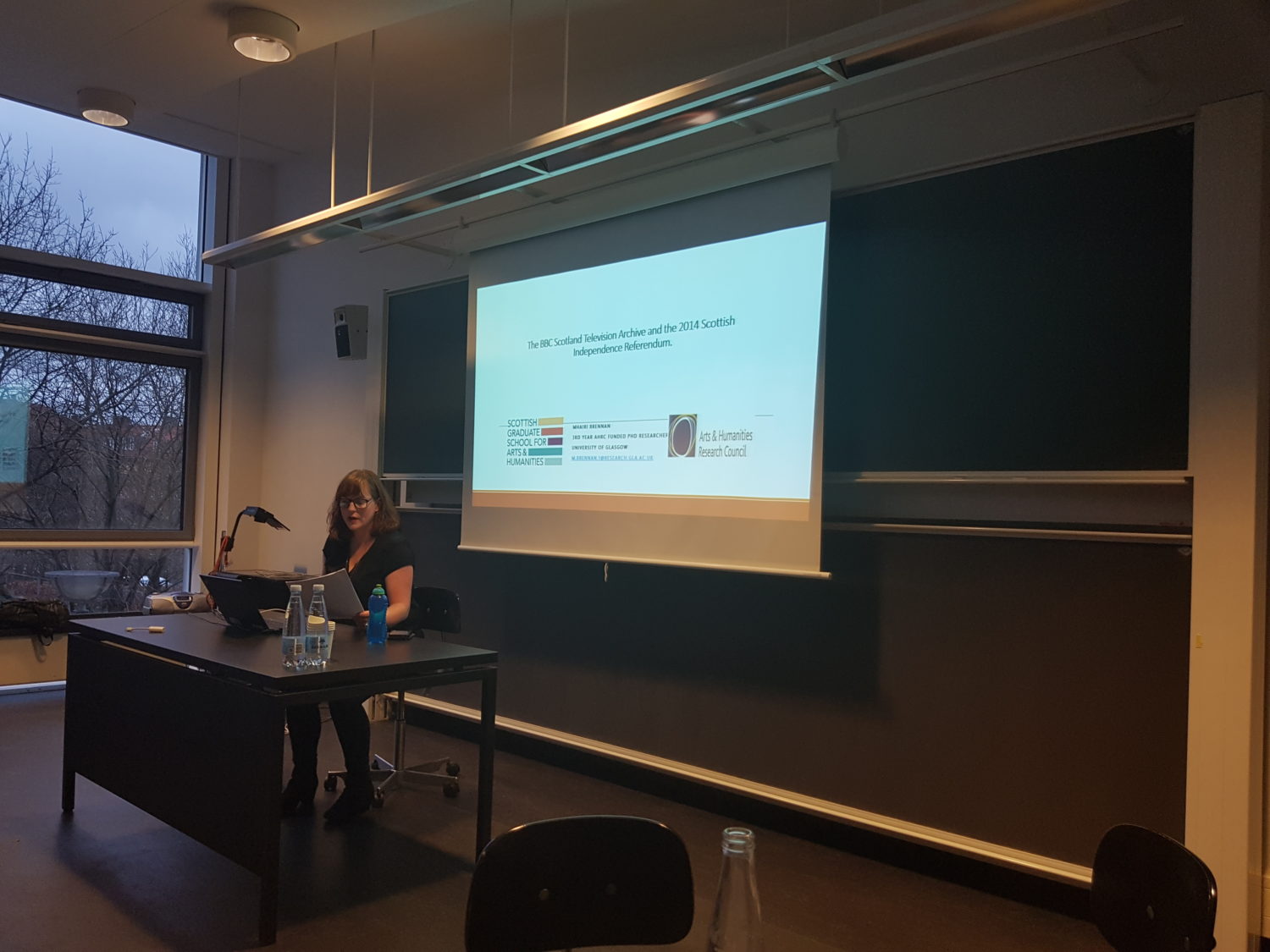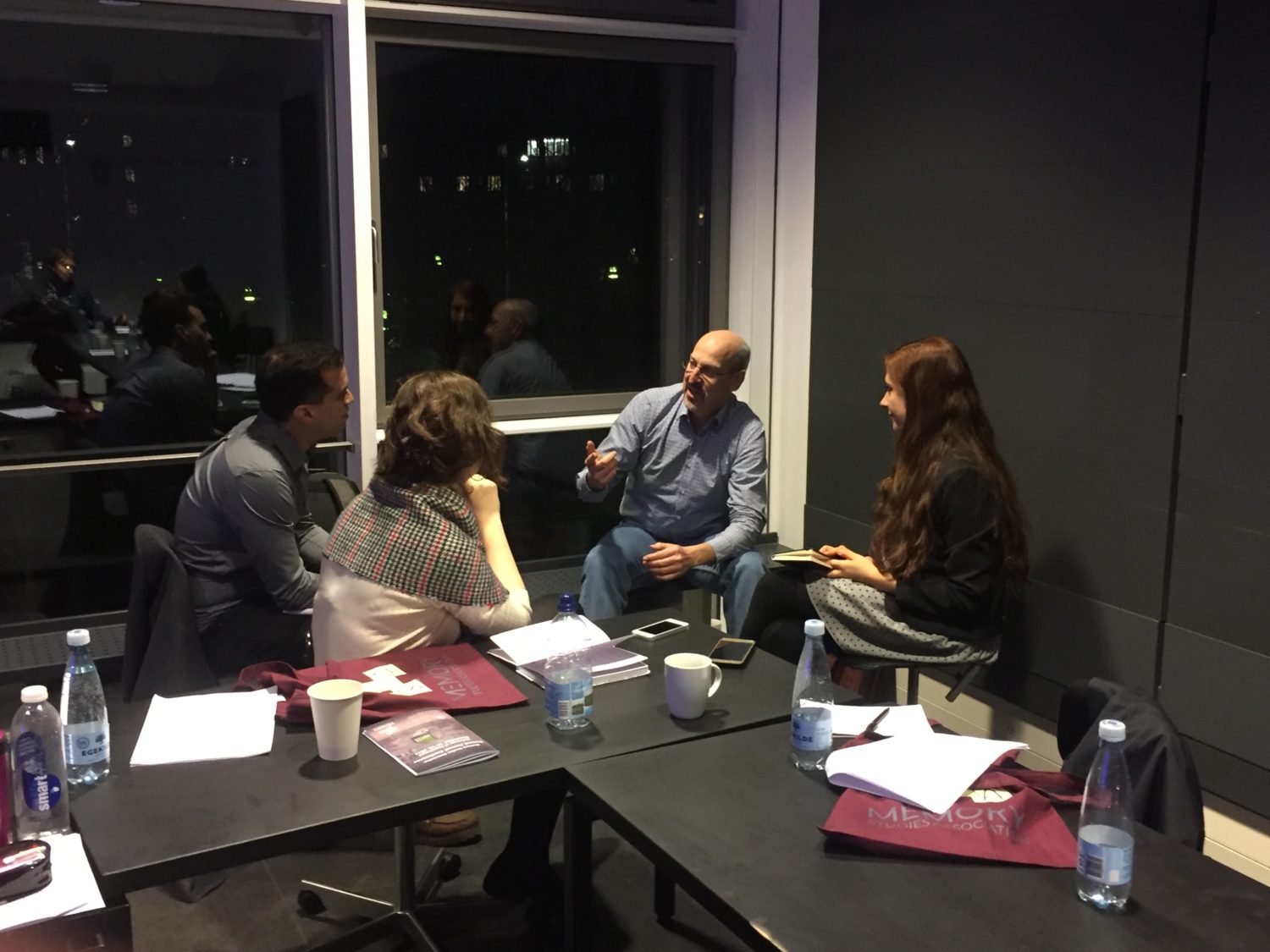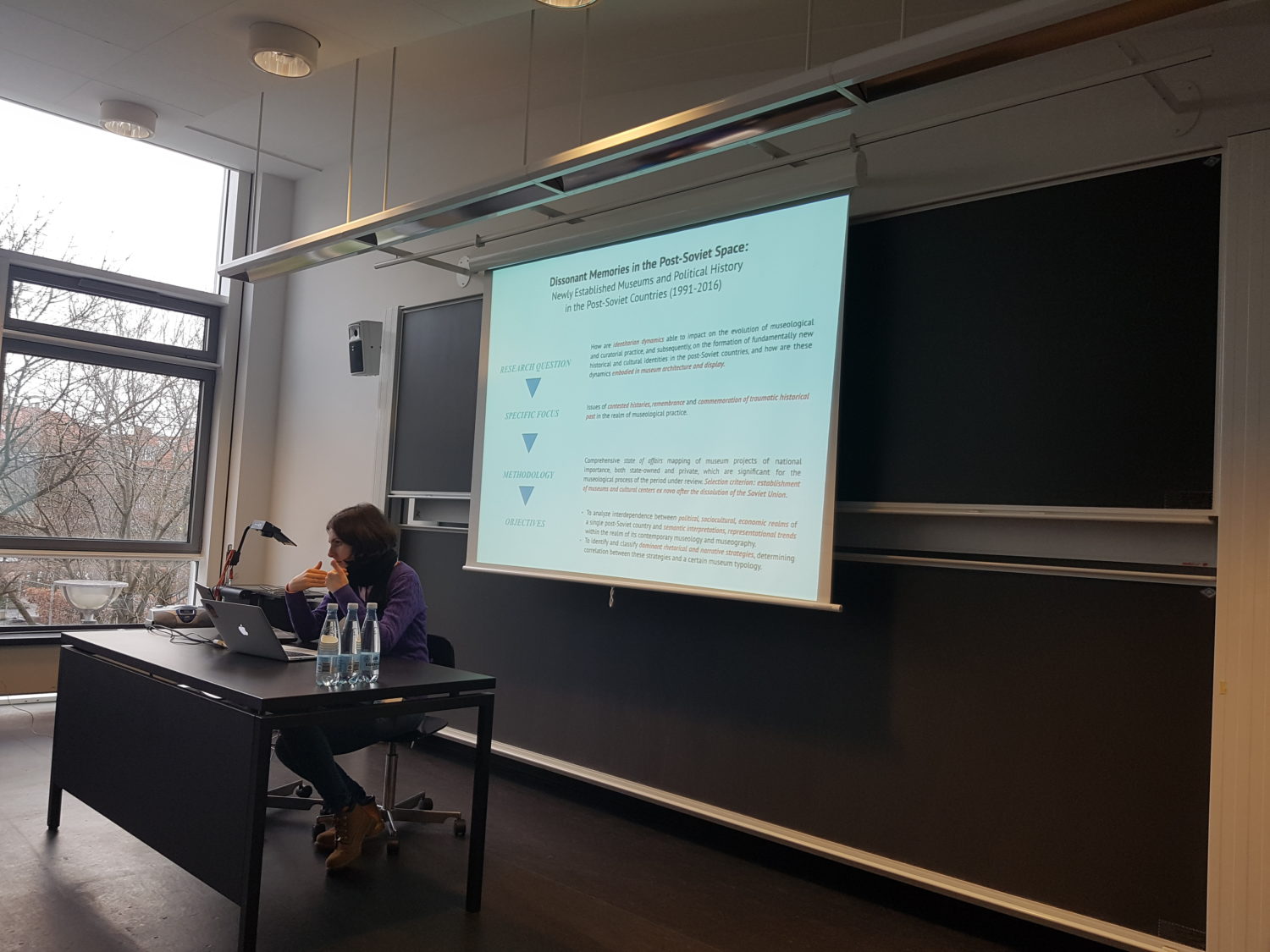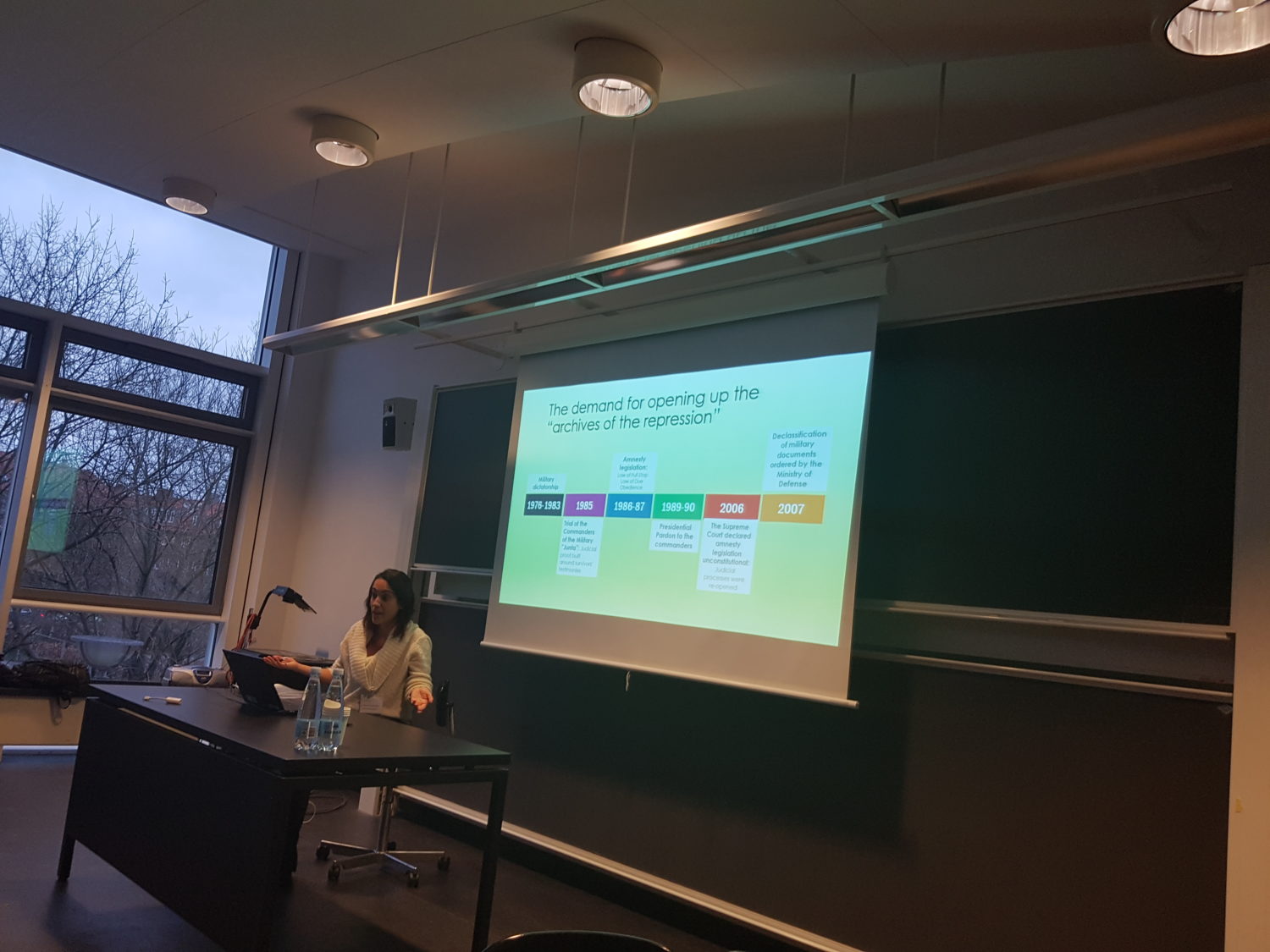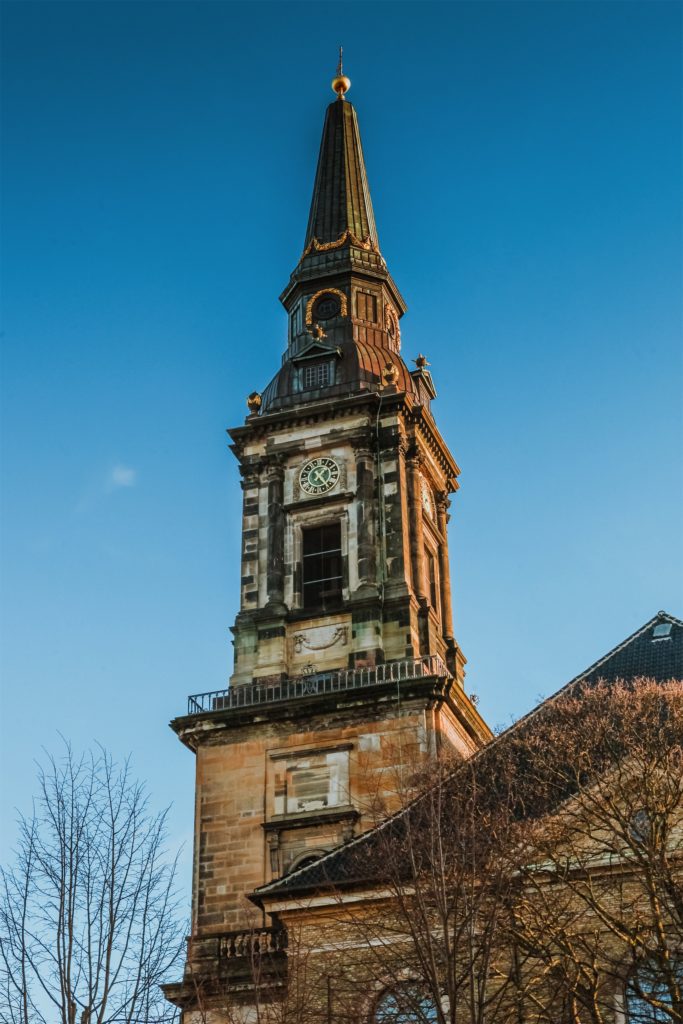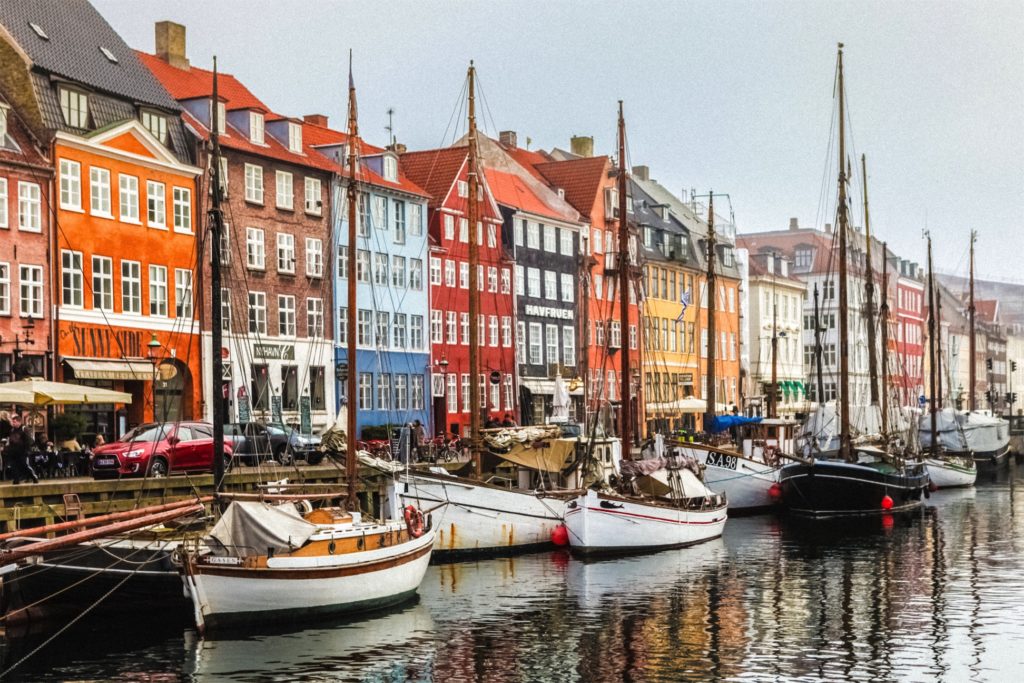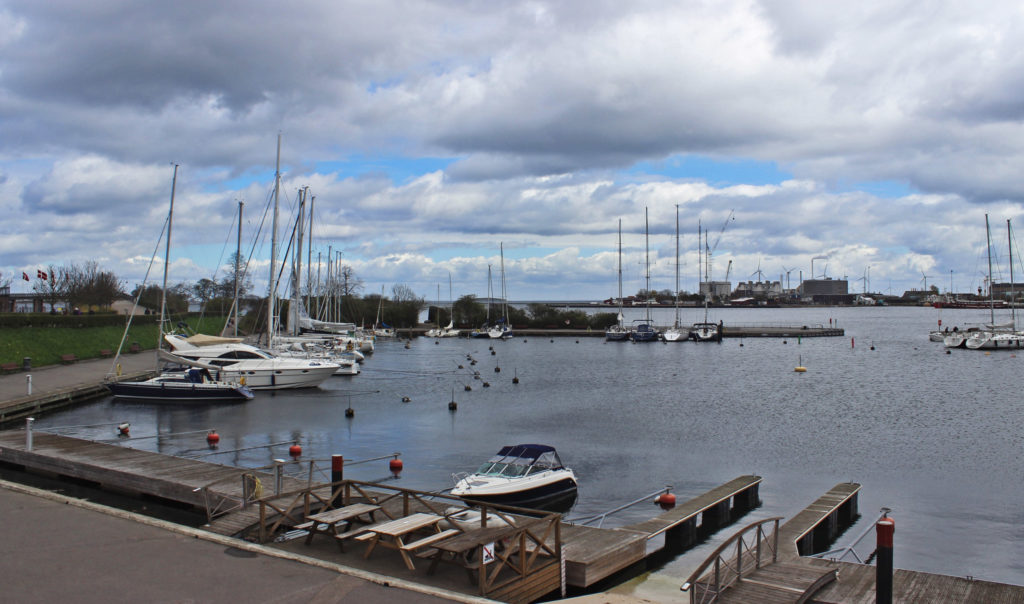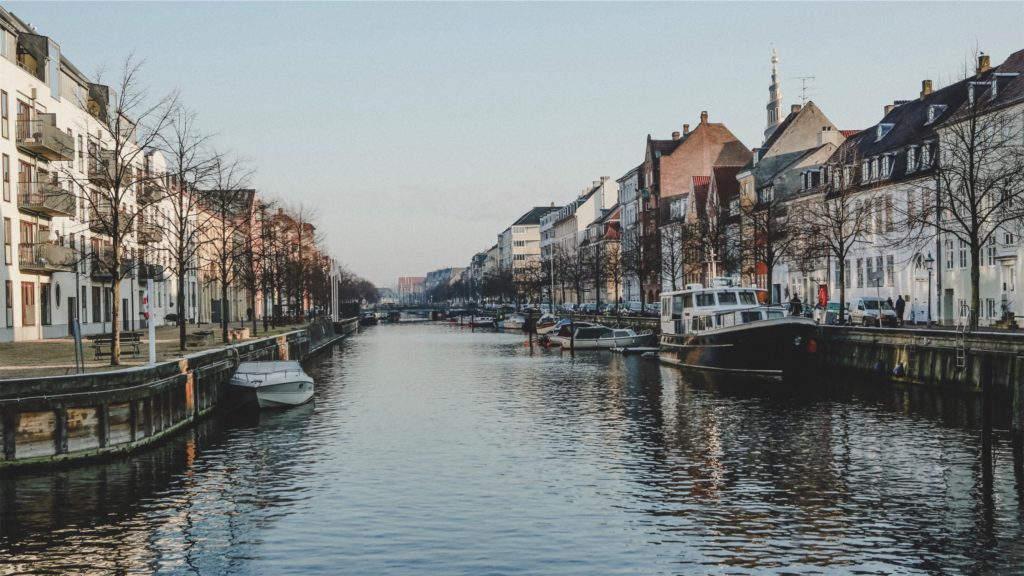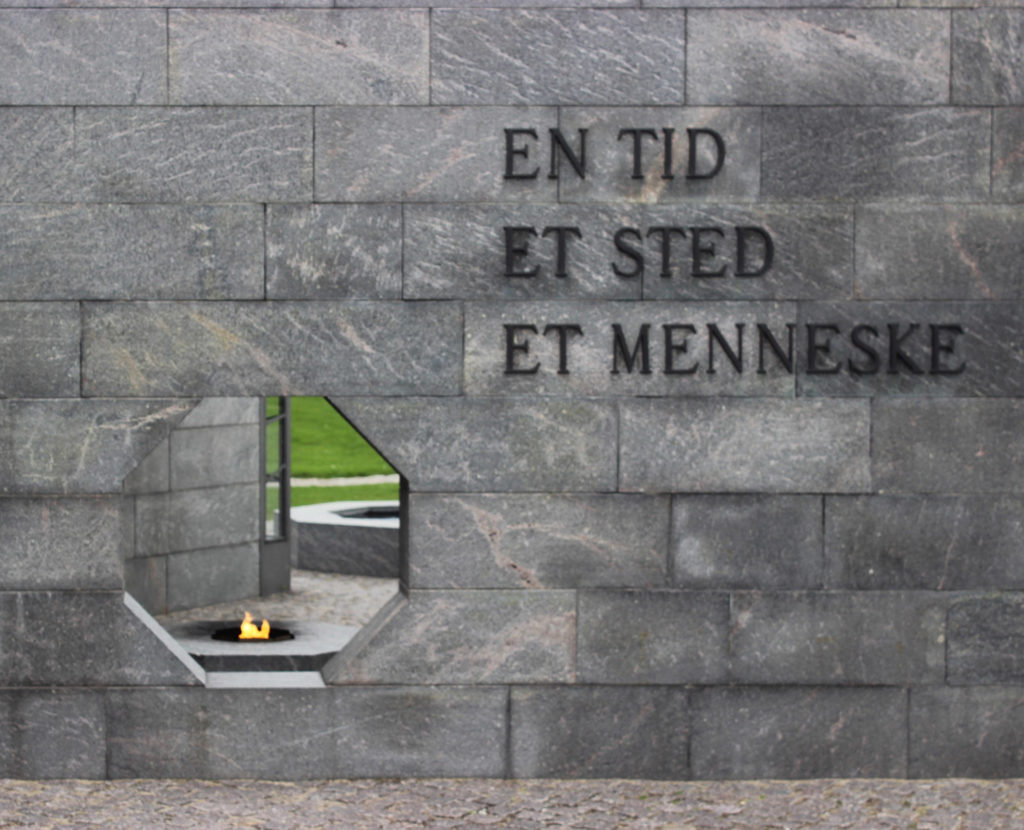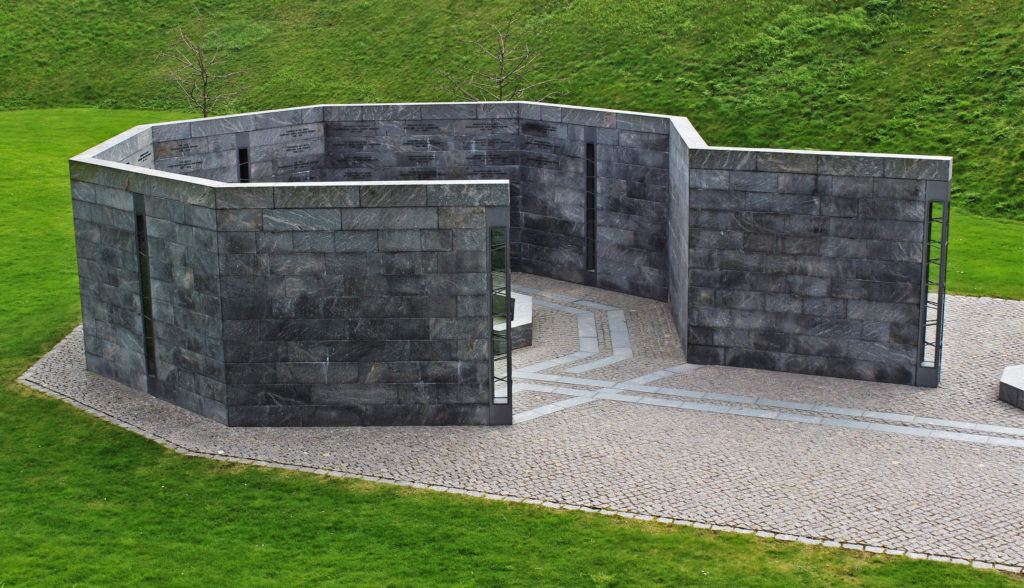MSA Forward 2017: Inaugural PhD Workshop in Copenhagen
A day before the Second Annual Conference of the Memory Studies Association, MSA Forward provided a forum for PhD students to explore the connection of their research to Memory Studies in the form of a workshop. MSA Forward offers a platform for exchanging ideas with a cohort of early researchers, learning about recent developments in Memory Studies and interacting with key academics in the field. Through flash presentations, PhD students had the opportunity to discuss the specific ways their research connects with Memory Studies and to receive feedback from established scholars.
Participants explored the role of Memory Studies in individual PhD projects, through engaging with the following questions: What connections does the PhD thesis establish with Memory Studies? In which ways do case studies or primary texts engage with issues of remembrance and forgetting? Which methodology are used and why? Are the memory frameworks you employ transcultural, transnational, multidirectional, palimpsestic, or something else?
In the afternoon, we hosted a career café and enjoyed Copenhagen’s nightlife with a PhD dinner and drinks.
We as co-organizers are grateful to all our participants and respondents for their participation and efforts; it was a pleasure to be part of this inaugural PhD workshop. Our thanks also go to the Memory Studies Association which supported our project from the very beginning. Moreover, the idea to bring together junior scholars and established voices in the field of Memory Studies has been developed into the MSA Mentorship Program. In order to join, simply become a member and get connected to your favorite scholar!
Here are some reflections of participants:
“The Memory Studies Association’s second annual conference provided a special forum for PhD students to explore the connection of our research to memory studies. A day before the conference began, twenty three early researchers coming from different parts of the world gathered in the University of Copenhagen to present our projects, exchange ideas and share our research experiences. The workshop turned out to be a great meeting platform and, I believe, it set up the basis for future dialogue among new generations of memory scholars.”
Cinthia Balé, PhD student from IDEAS-UNSAM/CONICET in Argentina
Read Cinthia’s full conference report here.
“Following the presentations on each panel, the respondents gave their comments before the audience could make contributions or ask questions. Each presenter had a respondent who had read the paper beforehand. The most interesting and, perhaps, sensitive part of the event was when the respondents gave their feedbacks on the papers and presentations. The respondents which included Antje Gunsenheimer, Jan Rupp, Wulf Kansteiner, Jeffrey Ollick, Pavan Malreddy, Emilie Pine, Rebecca Dolgoy, Sarah Gensburger and Stef Craps showed remarkable enthusiasm and commitment in their constructive criticisms and suggestions. They also asked for clarifications and made recommendations on the individual papers assigned to them.”
Adebayo Sakiru, PhD student at University of Witwatersrand (South Africa)
Read Adebayo’s full conference report here.
“It is inspirational to see the work being done by graduate students across such a diverse range of topics within the broad field of memory studies. The papers I read and responded to really showed the potential for future research directions being led by students. And it was great to be part of the conversations between panels – that’s where you get to know students and faculty, and see networks forming.”
Emilie Pine, Associate Professor (University College Dublin) and respondent to our PhD candidates
“It was a delight to hear about and engage with the exciting research being carried out by the PhD students, who represent the future of the field, in the paper sessions. Moreover, the career café provided an excellent informal opportunity for them to receive advice on a variety of professional matters from those of us who have been at it a little longer.”
Stef Craps, Associate Professor (Ghent University) and respondent to our PhD candidates
We are very much looking forward to seeing how this project develops, and once again, it was a pleasure to organize the inaugural workshop of MSA Forward.
Hanna Teichler & Rebekah Vince
Participants:
Jakob Schneider (Free University of Berlin)
Madeleine Scherer (University of Warwick)
Catalina Vallejo (University of Virginia)
Holly Brown (Ghent University)
Alexis Constantinou (University of South Wales)
Maria Mikaelyan (Polytechnic University of Milan)
Katarzyna Glab (SWPS)
Shona Thompson (Lancaster University)
Naomi Kawamura (University of British Columbia)
Ali Kareem Tobick Al-Jayikh (University of Timisoara)
Yulia Gordina (University of Saarland)
Sjamme Van de Voort (University of Nottingham)
Alice Carvalho de Melo (Federal University of Rio de Janeiro)
Lela Weigt (Goethe University Frankfurt)
Victoria Luise Kampfmann (Goethe University Frankfurt)
Rafael Pérez Baquero (University of Murcia)
Adebayo Sakiru (University of Witwatersrand)
Dagmara Moskwa (Adam Mickiewicz University in Poznań)
Respondents:
Antje Gunsenheimer (University of Bonn)
Jan Rupp (Goethe University Frankfurt)
Rebecca Dolgoy (Ottawa)
Wulf Kansteiner (Aarhus University)
Jeffrey Olick (University of Virgina)
Pavan Malreddy (Goethe University Frankfurt)
Emilie Pine (University College Dublin)
Jocely S. Martin (Manila University)
Sarah Gensburger (Institute for Social Sciences of Politics)
Stef Craps (Ghent University)
Ann Rigney (Utrecht University)
MSA Forward Conference Program

